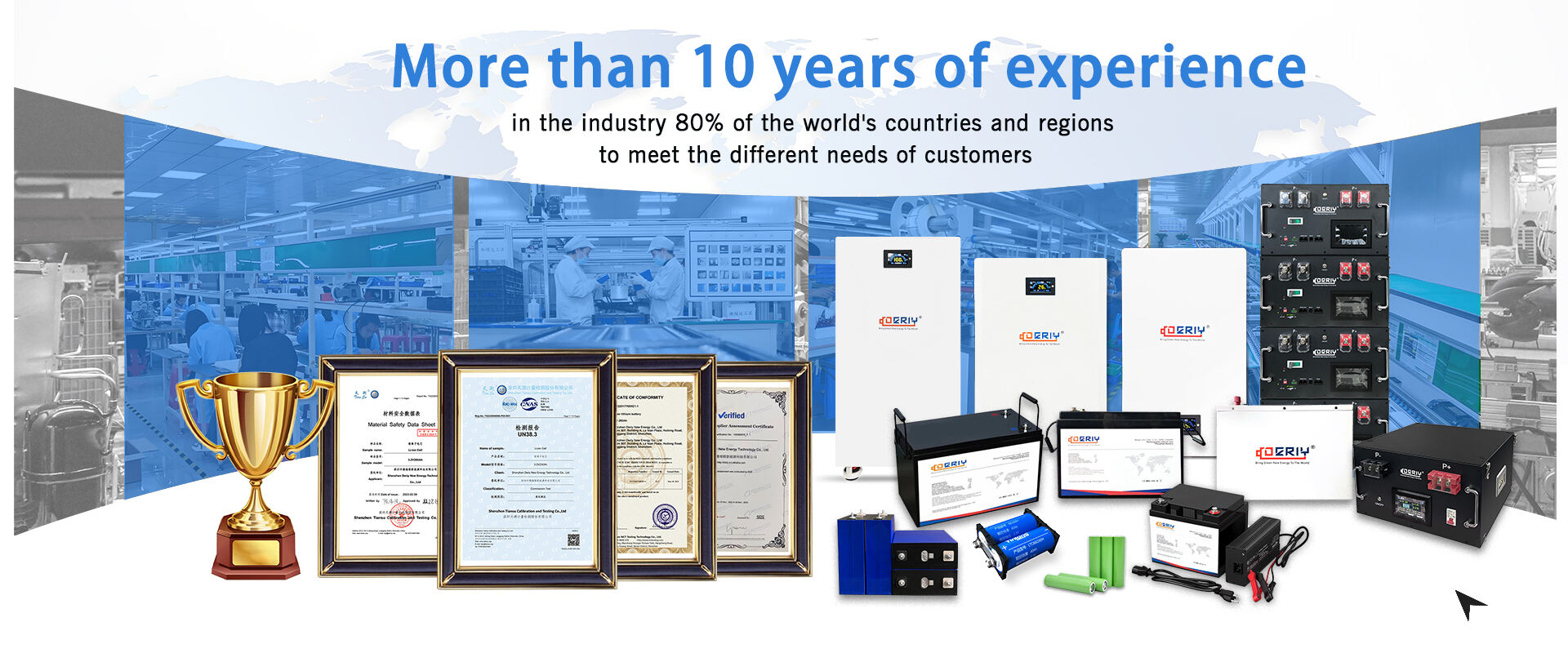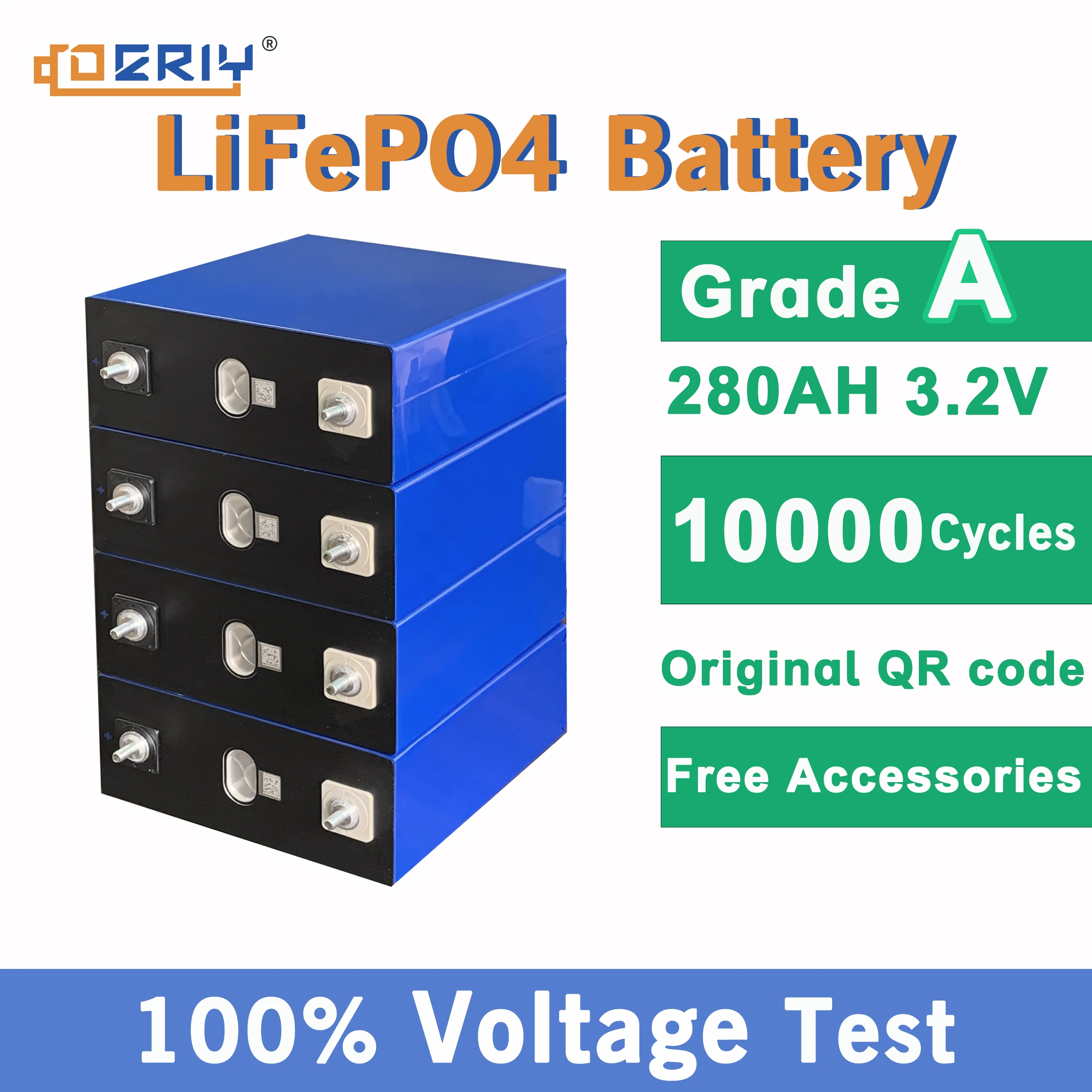
Multiple benefits come with saving money through solar batteries. They help a lot by allowing homeowners to store extra solar energy generated during the day for night usage, making the purchase of electricity from the grid optional. This will help aid in cutting energy bills, especially when grid electricity becomes costlier during peak periods. Moreover, in some places, installing solar storage systems is incentivized. The savings acquired for not drawing as much from the grid will help offset the initial investment placed in the solar battery over time, making this a viable deal for households
